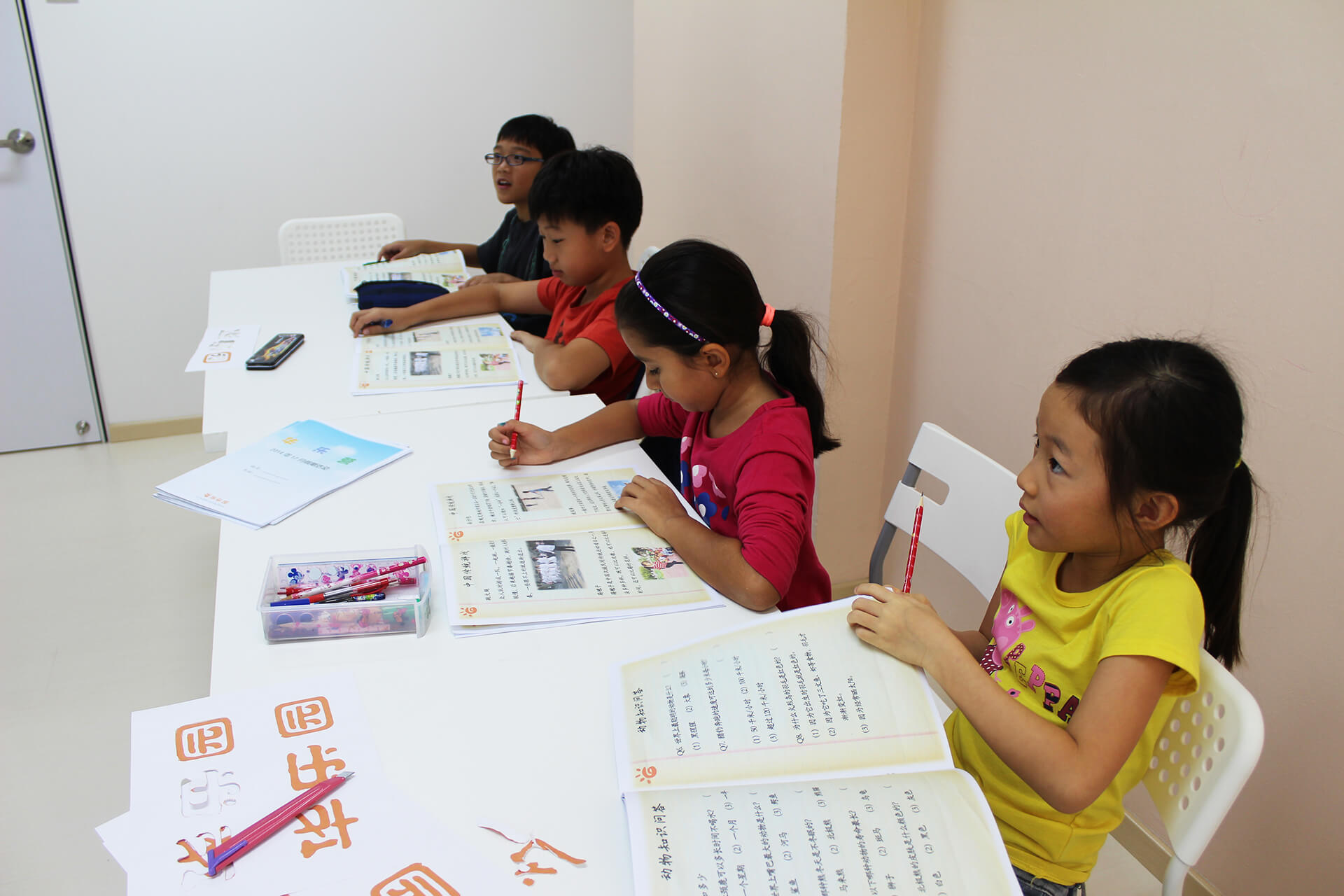
Why Must Your Child Focus on Learning Reading and Writing in Chinese?
Children learn a language in the early years of their lives. As they grow, their speech and language skills become increasingly complex. By the age of three, most children can utter words, combine them into simple sentences and follow simple instructions. The developmental milestones in a child’s speech and language development include using different sounds and conjoining them into words. They also include starting to understand the meaning behind what is said, and beginning to use complete sentences.
The ability to read and write is critical for children to become engaged learners in society. Language is the foundation that enables children to learn to read, so all young children must have opportunities to develop their language skills throughout their early years. It explains the need for additional primary Chinese tuition.
Read on to find out more about how and why you must encourage your child to focus on learning reading and writing in Chinese.
Learning Chinese Boosts Critical Thinking
Reading and writing are critical skills for children to succeed in school as well as in life. They enable children to engage in their education as independent learners. Reading and writing require more than just literacy skills. They must also develop their language proficiency and critical thinking abilities to take on more advanced subjects. Learning to read and write Chinese is a demanding process, but it can also provide students with intellectual challenges critical to succeed later in life.
Learning Chinese is Quite Beneficial for the Brain Function
Learning Chinese is no easy feat. It requires you to exert a lot of brainpower and develop fine motor skills when writing. In addition, mastering the tones and characters in Chinese requires a lot of effort. Writing in Chinese also boosts visual recognition – a significant bonus when you become familiar with complex Chinese characters.
Chinese is a challenging language in which each word or phrase contains many different meanings. Not only does this give you plenty to think about, but it also makes you worldly-wise in other areas.
It Helps Improve Other Study Areas!
If you want to learn to play an instrument, start studying Chinese. Mandarin Chinese and Cantonese tones are known to improve the ability to identify musical pitches. Mandarin Chinese and Cantonese are ‘tonal’ languages because any pitch change can modify the meaning of a word. Did you know that Chinese speakers are said to be more in tune with the music, thanks to their ability to detect pitch differences in their native languages? Mandarin has five tones used to indicate the meaning of words when spoken. There are flat tones, rising tones, dipping tones and dropping tones and a neutral tone as well as no tone at all. Not only does this make them better at listening to core changes, but it also helps with the fast repetition of information.

Future Career Opportunities
If your child learns Chinese, it will open doors for their future. Besides preparing them to interact with their peers, it can also help them in their careers. Are you aware that over 1.2 billion people speak Chinese worldwide and that more than 60% of all letters sent globally are written in Chinese? Learning Chinese will be an investment towards your future and career growth. If you have decided to enrol your child in a Chinese enrichment class for primary school, it would be the wisest decision you make on your child’s behalf.
Improves the Capacity to Understand Math and Allied Subjects Better
Did you know that the Chinese language is closely related to numbers? Each Chinese character is composed of components or radicals that make up the meaning and have a strong connection to its numerical value.
The most remarkable feature of Chinese is that it uses characters to represent numbers. For instance, English uses the word “eleven” to denote the numeral 11. However, the Chinese word for 11 is characterized by two characters that literally mean ‘ten’ and ‘one’.
The structure of Chinese characters can help your child develop a more detailed understanding of mathematical concepts. As they learn to read and write the language in either a Chinese enrichment class for primary school or primary Chinese tuition, they will simultaneously be familiar with addition and multiplication. Some educators believe that the Chinese language is one of the most significant reasons why Chinese children are often given a reputation for being better at maths than students in Western educational systems.
Prepares Your Kid to Learn Other Languages Without Difficulty
Most language families are based on a common root language. This means that to learn a language based on that root, speakers must be familiar with only the basic rules and vocabulary instead of having to memorize a completely new system. For instance, when you have a thorough command of English, you won’t have much difficulty familiarizing yourself with German or Latin.
While Chinese may seem to have little in common with Germanic and Latin languages, it is similar to other Asian languages. This may be because of the long history behind the written language, but it could also simply be that all languages are similar in their syntax and grammar.
If you already have a decent foundation in Chinese, it will be easier to learn Japanese or Korean. These languages share some characters, grammatical rules, and stylistic flourishes.
As your child learns the Chinese language and culture, they are likely to become more interested in studying the culture of Japan and Korea. As they begin to travel, they may find themselves touring these Asian cultures and bringing with them the lessons they took from Chinese language classes.
Why Choose Little Gems?
Little Gems Learning Centre comprises a group of highly experienced, passionate and MOE-registered teachers who are enthusiastic about imparting their knowledge of the Chinese language. With Chinese tuition at Bukit Timah, we specialize in Mandarin tuition, primary school Chinese tuition, secondary school Chinese tuition and language classes for international students of all ages.
